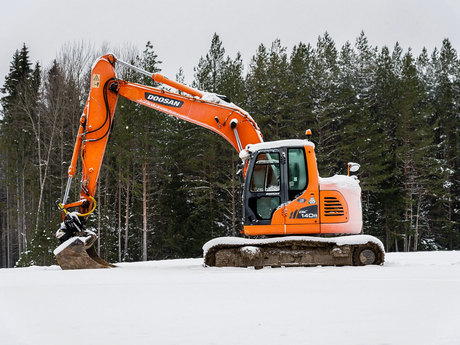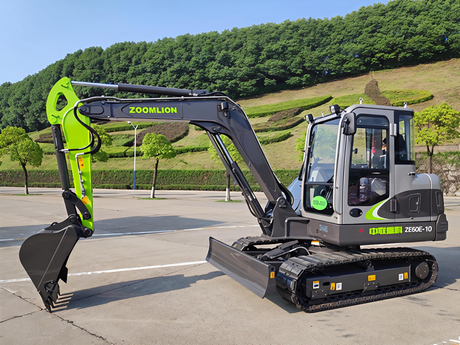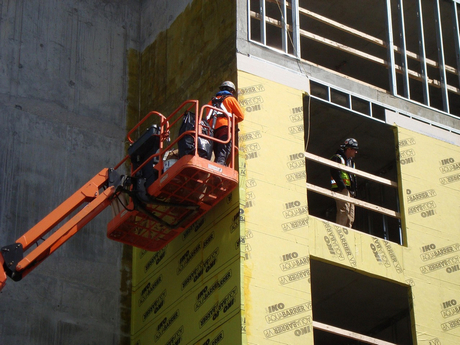|
Excavator engine water temperature is too high is a common failure problem, under normal circumstances, the engine water temperature should be maintained between 82 and 95 degrees Celsius. Once the water temperature exceeds this range, will not only affect the normal play of the engine power, but also shorten its service life. In view of this common phenomenon, the following lists several common causes of high water temperature.
First of all, the excavator running for a long time in the overloaded state, especially in the high temperature environment, will exacerbate the heat generation of the engine. At this time, the external high temperature will also reduce the efficiency of the cooling system, resulting in the heat can not be emitted in time, thus increasing the water temperature. Secondly, the long-term use of poor water quality water is also an important reason. Water that is too hard or contains impurities will precipitate calcium and magnesium ions and impurities at high temperatures, forming scale that adheres to the water tank and pipes. These scales will impede water flow and reduce the efficiency of the cooling system, which in turn affects the distribution of heat. In addition, radiators that have not been cleaned for a long time can also be a contributing factor to high water temperatures. Dust and dirt can cover the surface of the radiator, preventing the dissipation of heat. Therefore, keeping the radiator clean is essential to ensure the efficient operation of the cooling system. Thermostat failure should not be overlooked as well. As a key component of the cooling system, the thermostat is responsible for switching between small and large cycles according to the water temperature. If the thermostat is damaged, the cooling system will not be able to adjust to the water temperature in a timely manner, resulting in high water temperatures. Insufficient water is also a common cause of high water temperature. The amount of water in the cooling system, as the medium of heat transfer, directly affects the efficiency of heat transfer. Therefore, maintaining an adequate amount of water is critical to maintaining proper engine operation. In addition, deformation of the cooling fan blades and slackness of the belt will also affect the cooling efficiency of the engine. If the fan is unable to expel heat from the cabin in a timely manner, heat will build up in the cabin, affecting the engine's heat dissipation.
Damage to the water pump can likewise lead to higher water temperatures. As the power source of the cooling cycle, a malfunctioning water pump can reduce the efficiency of the cooling cycle or even stop it from running, which in turn can lead to higher water temperatures and damage to other components. It is worth noting that high engine water temperature is often not caused by a single factor, but a combination of factors. Therefore, a comprehensive judgement is needed when investigating the cause. In order to prevent high engine water temperature, we can take the following measures: use high-quality water when adding water; avoid prolonged overload operation in high-temperature environments; regular cleaning of the radiator surface; regular maintenance of cooling fans and belts; and timely repair or replacement of faulty components. In short, the engine is the core component of the excavator, and its working condition has a direct and significant impact on the operation of the whole machine. Once the phenomenon of water overheating occurs, we should promptly investigate the cause and repair or replace the faulty parts to ensure the normal operation of the excavator and avoid major losses.
|





























